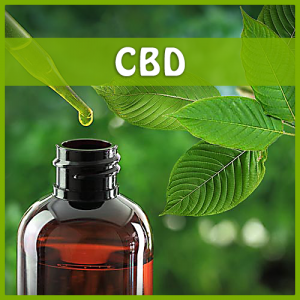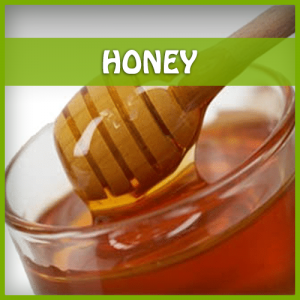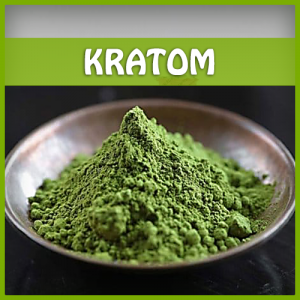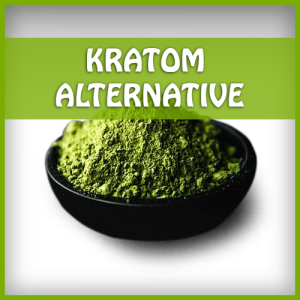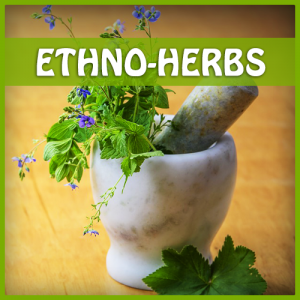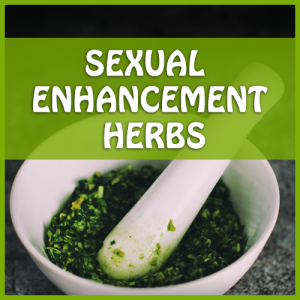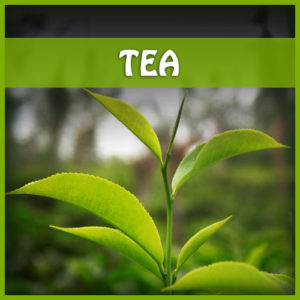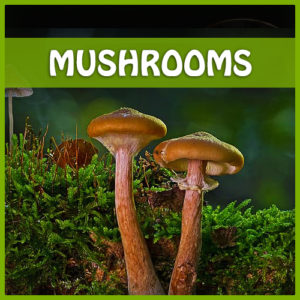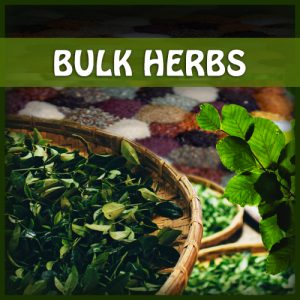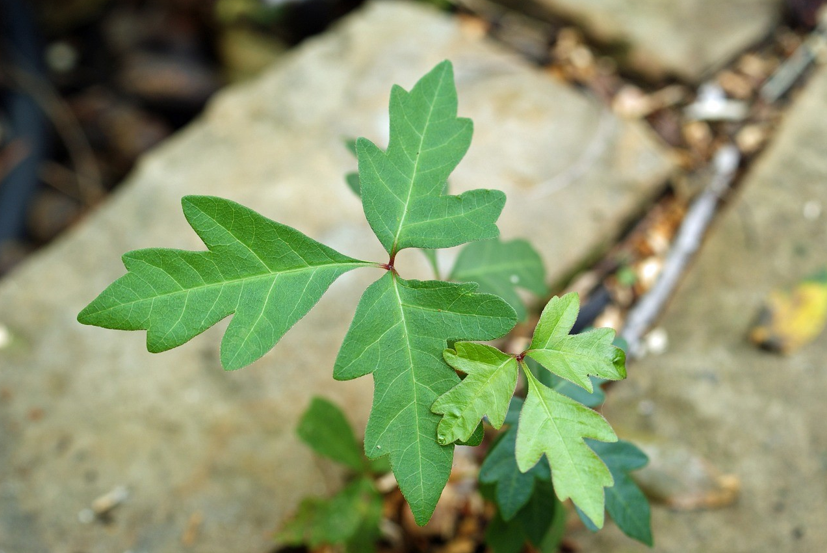Updates
Herbal Solutions for Poison Ivy and Poison Oak: Soothing the Itch
Poison ivy and poison oak are notorious for causing intense itching and inflammation when their toxic oils come into contact with the skin. These plants, found in various regions around the world, can quickly turn a pleasant outdoor adventure into a miserable experience. While there are over-the-counter treatments available, many individuals prefer to explore natural remedies to alleviate the discomfort caused by these poisonous plants. In this article, we will delve into the world of herbal solutions and explore three plants known for their soothing properties: jewelweed, plantain, and witch hazel.
Jewelweed:
Jewelweed, also known as touch-me-not or spotted touch-me-not, is a herbaceous plant commonly found in North America. It has been used for centuries as a natural remedy for poison ivy and poison oak rashes. Jewelweed contains compounds that are believed to counteract the effects of the urushiol oil found in these toxic plants. The juice of the jewelweed plant has been traditionally applied topically to affected areas to alleviate itching and reduce inflammation.
To use jewelweed, you can crush the leaves and stems to release the plant’s juice. Then, apply the juice directly to the affected skin. Alternatively, you can create a jewelweed infusion by boiling the plant parts in water, allowing the mixture to cool, and then
applying it as a compress. Some people also find relief by using jewelweed soaps, lotions, or ointments available in health stores.
Plantain:
Plantain, not to be confused with the fruit of the same name, is a common herb found in many parts of the world. The leaves of the plantain plant have long been used for their anti-inflammatory and soothing properties. When applied topically, plantain can help relieve the itchiness and discomfort associated with poison ivy and poison oak rashes.
To utilize plantain, you can crush fresh plantain leaves and apply them directly to the affected area. Alternatively, you can create a plantain poultice by boiling the leaves, allowing them to cool, and then applying them to the skin. Some herbalists also recommend using plantain-infused oils or creams for added convenience.
Witch Hazel:
Witch hazel is a small tree native to North America and parts of Asia. Its bark, leaves, and twigs are well-known for their astringent and anti-inflammatory properties. Witch hazel extract contains tannins, which help reduce inflammation and itching, making it an excellent choice for soothing poison ivy and poison oak rashes.
To use witch hazel, you can apply it directly to the affected area using a cotton ball soaked in witch hazel extract. This can be done several times a day to provide relief. Alternatively, you can find witch hazel creams or lotions in stores, which can be applied to the affected areas as directed.
It’s important to note that while herbal remedies can provide relief from the symptoms of poison ivy and poison oak, they may not eliminate the rash entirely. If you experience severe symptoms or the rash worsens, it is crucial to seek medical attention.
In conclusion, jewelweed, plantain, and witch hazel are herbal solutions that can provide relief from the itching and inflammation caused by poison ivy and poison oak. These plants have a long history of traditional use and contain compounds that help alleviate the discomfort associated with these rashes. However, it’s always a good idea to consult with a healthcare professional or herbalist before using any herbal remedies, especially if you have underlying health conditions or are taking medications. Stay safe and enjoy the outdoors with the knowledge that nature has provided us with effective herbal remedies to soothe the itch caused by poison ivy and poison oak.
When using herbal remedies, it’s essential to identify the plants correctly and ensure you are not allergic to any of them. Conduct a patch test on a small area of skin before applying any herbal preparation to a larger area to check for any adverse reactions.
Aloe Vera:
Aloe vera is a well-known succulent plant with numerous medicinal properties. Its gel- like substance extracted from the leaves has soothing and cooling effects on the skin.
Aloe vera can help relieve the itch and inflammation associated with poison ivy and poison oak rashes.
To use aloe vera, simply break off a leaf and squeeze out the gel. Apply the gel directly to the affected area and let it dry. Repeat the application several times a day for maximum relief. You can also find aloe vera gels or lotions available in stores for convenience.
Calendula:
Calendula, commonly known as marigold, is a vibrant flower with anti-inflammatory and skin-soothing properties. Its petals contain compounds that help reduce itching and promote healing. Calendula can be used topically to alleviate the discomfort caused by poison ivy and poison oak rashes.
To use calendula, you can prepare a strong infusion by steeping dried calendula petals in hot water for 15-20 minutes. Let the infusion cool and strain it. Apply the infusion directly to the affected areas using a cotton ball or clean cloth several times a day.
Calendula creams or ointments can also be applied as directed.
Chamomile:
Chamomile is a gentle and soothing herb known for its anti-inflammatory and calming properties. It can help alleviate itching and reduce inflammation caused by poison ivy and poison oak rashes. Chamomile is available in the form of dried flowers, tea bags, essential oil, or creams.
To use chamomile, you can prepare a chamomile tea by steeping dried flowers in hot water for 10-15 minutes. Allow the tea to cool, strain it, and use a clean cloth soaked in the tea as a compress on the affected areas. Alternatively, chamomile essential oil can be diluted in a carrier oil and applied topically.
Remember, herbal remedies may not work the same for everyone, and individual results may vary. It’s crucial to listen to your body and discontinue use if you experience any adverse reactions or if the condition worsens. If symptoms persist or become severe, it is essential to consult a healthcare professional.
While herbal solutions can provide relief, prevention is the best approach when dealing with poison ivy and poison oak. Learn to identify these plants, avoid contact whenever possible, wear protective clothing when venturing into areas where they may be present, and wash your skin thoroughly after potential exposure.
In conclusion, nature offers a variety of herbal solutions that can help alleviate the itching and inflammation caused by poison ivy and poison oak. Jewelweed, plantain, witch hazel, aloe vera, calendula, and chamomile are among the herbs known for their soothing properties. Incorporating these herbal remedies into your skincare routine may provide much-needed relief and comfort when dealing with the discomfort of these rashes. However, it’s always wise to seek professional medical advice and guidance, especially if symptoms persist or worsen. Stay informed, stay safe, and enjoy the healing power of nature’s remedies.









